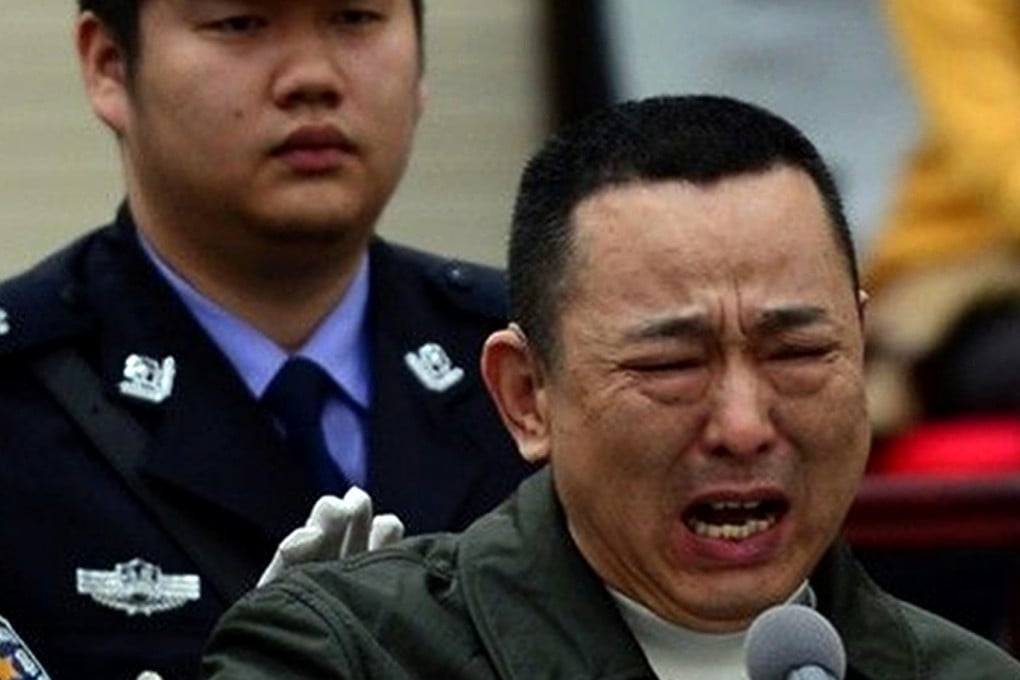China's chance to end injustice of the death penalty
Zhou Zunyou says moves to cut the list of punishable offences are a step in the right direction, but public attitudes will need to be changed

Two high-profile incidents hit the headlines on February 9: in Hubei province, former mining tycoon Liu Han , along with his brother and three others, was executed for murder, running a mafia group and numerous other crimes. In Inner Mongolia , meanwhile, villager Zhao Zhihong was sentenced to death for a string of rapes and murders, including one in 1996 that had been blamed on a teenager by the name of Huugjilt.
In the former case, Liu had connections to Zhou Yongkang , the former security tsar and Politburo Standing Committee member, who has been arrested and expelled from the Communist Party. In the latter case, Huugjilt was posthumously exonerated last December; shortly afterwards, a police officer liable for the wrongful execution was charged with torture to coerce a confession, among other things.
While the execution of Liu was a by-product of China's iron-fisted onslaught on corruption, the death sentence meted out to Zhao was closely linked to China's difficult struggle for judicial fairness. In both campaigns, the death penalty has become a convenient tool for implementing the Communist Party's recent and unprecedented resolution on the rule of law.
In China, statistics on death sentences and executions are considered so sensitive that they remain a state secret. According to the Dui Hua Foundation, a human rights group, China executed around 2,400 prisoners in 2013, a 20 per cent drop from 2012. This estimate puts the annual number of Chinese executions at three times as many as the rest of the world combined.
China retains the death penalty but has vowed to strictly control and prudently apply it. In the past decade, China has embarked on significant legal reforms to curtail its use. In 2007, the Supreme People's Court regained the right to review all death sentences without reprieve. In 2011, China introduced an amendment to its Criminal Code to remove 13 economic-related non-violent offences from the list of the 68 crimes punishable by death. At present, China is mulling adopting another amendment to the Criminal Code to cut nine crimes from the current list.
Because of these reforms, annual executions are in steady decline. If this pace of change continues, the eventual abolition of the death penalty is a distinct possibility.
The current reform is largely the result of international pressure but Chinese academics have also played a prominent role. The contribution of Zhao Bingzhi, chairman of China's Association of Criminal Law, is worth special mention. He has even developed a detailed road map for the total abolition of the death penalty by 2050.
